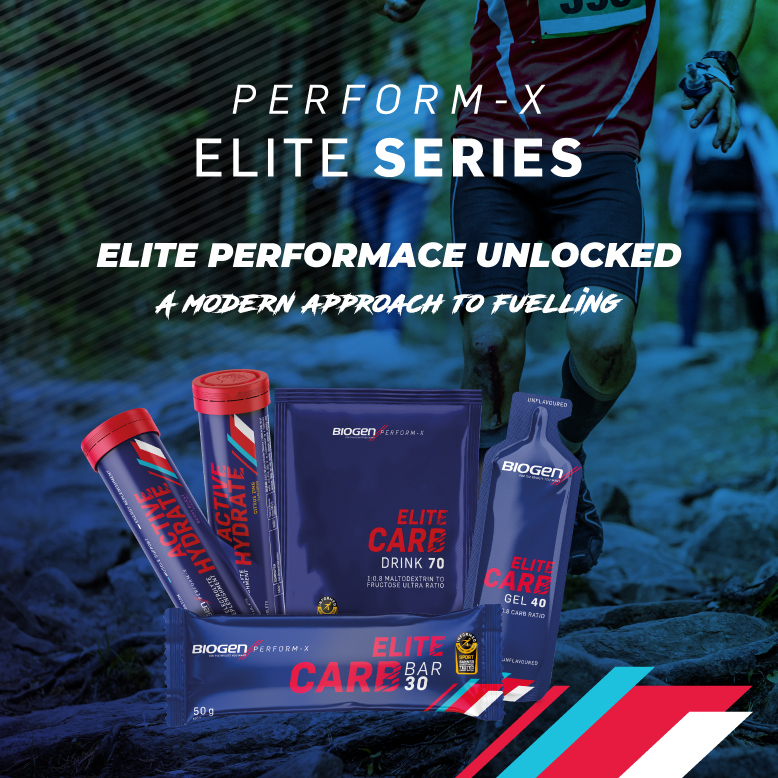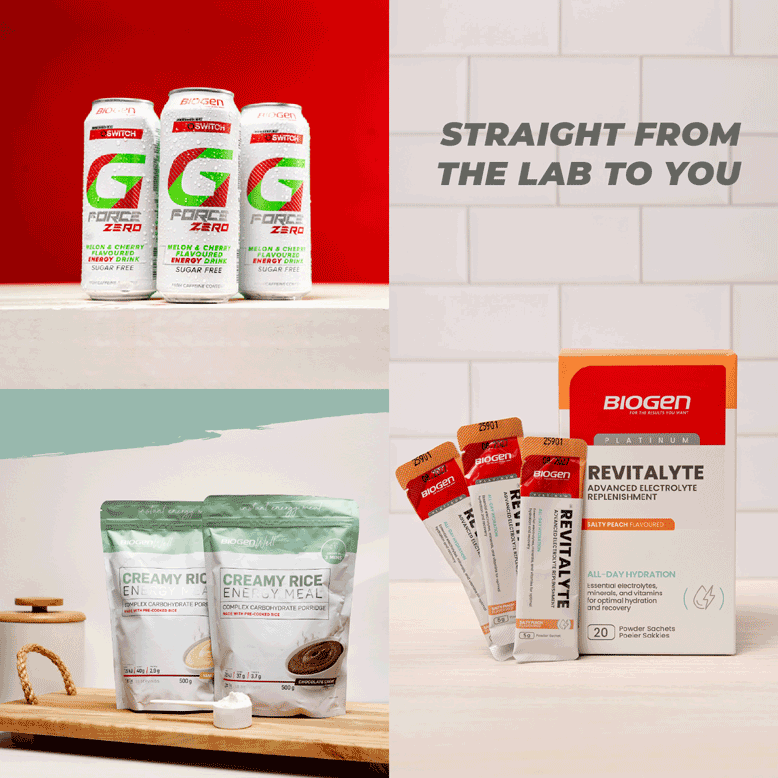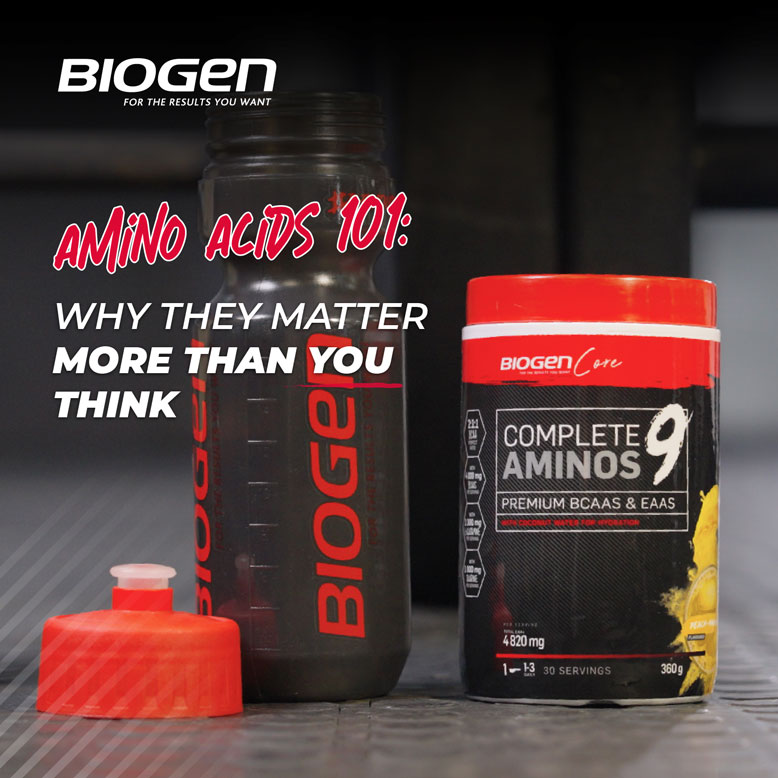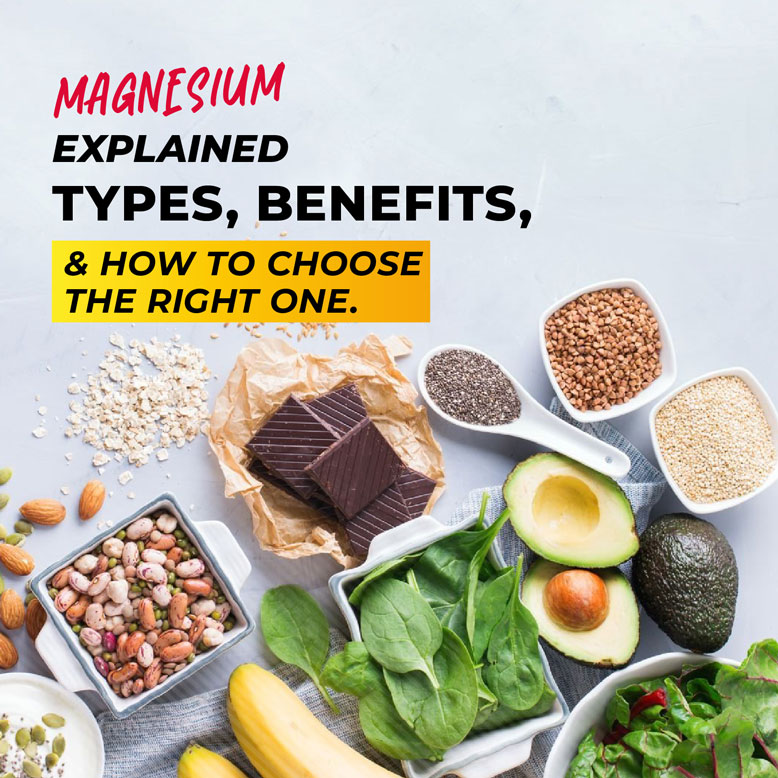
Endurance athletes and anyone who lifts weights in the gym for improved strength or better aesthetics rely on various supplements to improve their performance, with products that boost endurance the key to training harder for longer to amplify the training effect.
Pre-workout formulations, like the Informed Sport-certified Biogen Premium Pre-Workout, which aim to deliver this endurance benefit often contain a substance called citrulline malate, a compound made of the non-essential amino acid L-citrulline and the organic salt malate.
Citrulline malate is a star ingredient in pre-workout products for its research-backed ability to potentially promote more efficient energy production and protect muscles from fatigue during resistance and high-intensity exercise, with additional recovery benefits.
Improved blood flow
Citrulline malate is primarily a nitric oxide (NO) enhancer¹ through its role in L-arginine production, an amino acid needed to produce NO to support vasodilation. By increasing the diameter of blood vessels through improved NO production, citrulline malate improves blood flow.
This effect supports more intense muscle pumps and sends more nutrient and oxygen-rich blood to working muscles while supporting lactic acid and exercise metabolite removal (including ammonia).
By speeding up the rate at which the body removes lactic acid and ammonia from working muscles, coupled with its ability to synergistically complement L-arginine’s role in promoting NO production, citrulline malate may improve physical performance during intense exercise by potentially delaying fatigue to help you sustain harder efforts for longer, which is the essence of endurance.
Moreover, the enhanced blood flow to muscles supported by citrulline malate can improve recovery through increased nutrient delivery and the removal of waste products, both between sets or intense efforts and between sessions.
More energy from ATP
Additional research shows that citrulline malate plays a role in energy production, specifically the substance that fuels intense, short-duration muscle contractions known as adenosine triphosphate, or ATP.
In a study² published in the British Journal of Sports Medicine, citrulline malate ingestion resulted in a “34% increase in the rate of oxidative ATP production during exercise, and a 20% increase in the rate of phosphocreatine recovery after exercise, indicating a larger contribution of oxidative ATP synthesis to energy production”.
By increasing the rate of phosphocreatine production, you can essentially increase the number of reps or intervals you can perform during training sessions and enhance overall power output to boost your training volume and total load. In addition to the direct performance benefit, the increase in training load can also support muscle growth.
Dosing considerations
Studies typically use dosages around 6 grams daily if taking a standalone supplement. You can also find L-citrulline included in pre-workout formulations in products like Biogen Premium Pre-Workout for its vasodilation benefits and in intra-workout products like Biogen Rage Aminos 12:1:1.
General guidelines recommend taking citrulline malate 45-60 minutes before exercise to optimise results but always stick to label recommendations provided on the tub of your preferred product for the best results.
While research is promising, citrulline malate is not a magic bullet. Its effectiveness can vary depending on factors like your fitness level, training intensity, and overall diet. It is best to use products that contain this ingredient as part of a well-rounded approach that combines proper training, nutrition, and rest for optimal results.
Always consult a healthcare professional before taking any new supplement, especially if you have underlying health conditions as some pre-workout products contain stimulants.
References:
- Gough LA, Sparks SA, McNaughton LR, Higgins MF, Newbury JW, Trexler E, Faghy MA, Bridge CA. A critical review of citrulline malate supplementation and exercise performance. Eur J Appl Physiol. 2021 Dec;121(12):3283-3295. doi: 10.1007/s00421-021-04774-6. Epub 2021 Aug 21. PMID: 34417881; PMCID: PMC8571142.
- Bendahan D, Mattei JP, Ghattas B, Confort-Gouny S, Le Guern ME, Cozzone PJ. Citrulline/malate promotes aerobic energy production in human exercising muscle. Br J Sports Med. 2002 Aug;36(4):282-9. doi: 10.1136/bjsm.36.4.282. PMID: 12145119; PMCID: PMC1724533.










